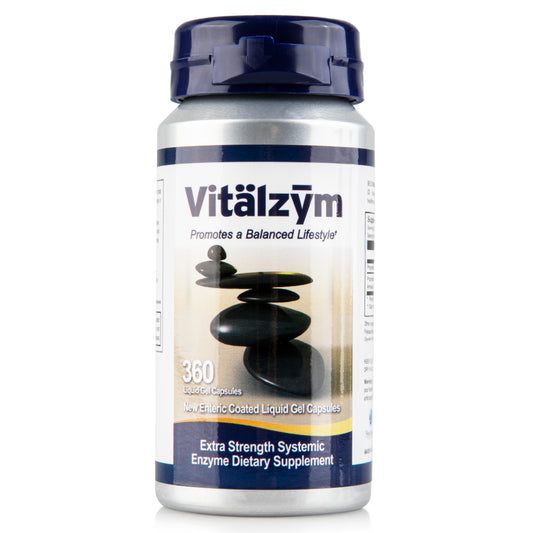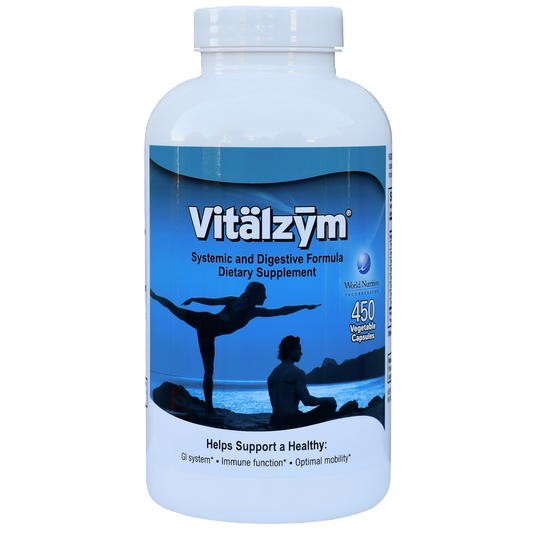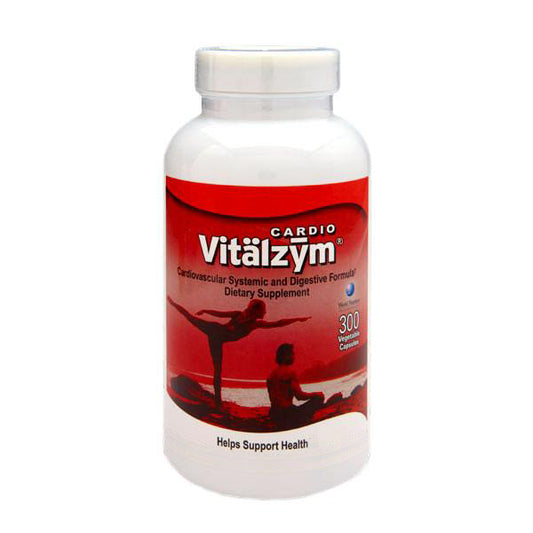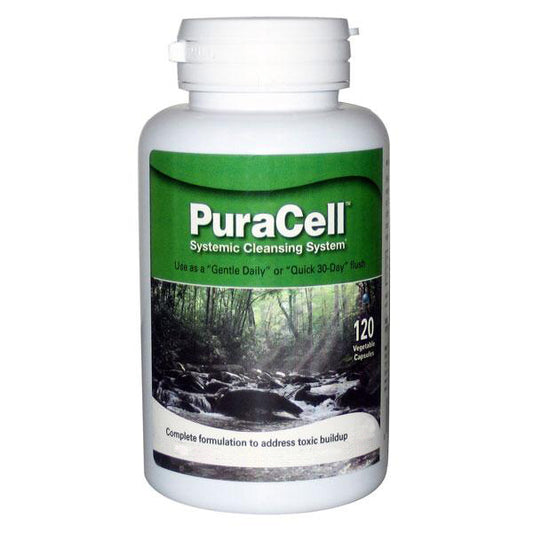With a growing emphasis on natural health solutions, plant-based supplements have become a cornerstone for those seeking to elevate their wellness journey. These supplements harness the potent properties of plants to deliver essential nutrients and health benefits, making them an attractive option for individuals dedicated to a balanced and eco-friendly lifestyle. From vitamins and minerals to herbal extracts, plant-based supplements cater to a wide range of health needs. This complete guide aims to demystify plant-based supplements, offering insights into their benefits, selection, and integration into daily health routines.
What Are Plant Based Supplements?
Plant-based supplements are dietary products derived entirely from natural plant sources, designed to provide essential nutrients and health benefits without the use of synthetic ingredients. These supplements encompass a wide range of forms, including vitamins, minerals, protein powders, and herbal extracts, each harnessing the potent properties of plants to support various aspects of health and wellness. By utilizing whole plants or specific plant parts, such as leaves, roots, seeds, and fruits, these supplements offer a natural alternative to conventional synthetic supplements, appealing to those who prioritize holistic health solutions and sustainable living.
What Makes a Supplement Plant Based?
Derived from Natural Plant Sources
A supplement is considered plant-based when its ingredients are sourced entirely from plants. This includes a variety of plant parts such as leaves, roots, seeds, fruits, and flowers. These natural sources are rich in essential nutrients, phytochemicals, and bioactive compounds that contribute to the supplement's health benefits. Unlike synthetic supplements, which are often created in laboratories using artificial ingredients, plant-based supplements rely on the inherent nutritional properties of plants for their essential nutrition.
Free from Synthetic Additives
Plant-based supplements are distinguished by their lack of synthetic additives, preservatives, and artificial colors or flavors. This purity ensures that the body receives nutrients in their most natural form, which can enhance absorption and efficacy. The absence of synthetic components also reduces the risk of adverse reactions and aligns with the preferences of individuals seeking cleaner, more natural health solutions.
Sustainable and Ethical Sourcing
The production of plant-based supplements often emphasizes sustainability and ethical practices. This includes sourcing ingredients from organic farms, ensuring fair trade practices, and utilizing eco-friendly packaging. These efforts not only support environmental conservation but also promote the well-being of communities involved in the cultivation and harvesting of plant materials. By choosing plant-based supplements, consumers can contribute to a more sustainable and ethical health industry.

Are Vegetarian Supplements The Same As Plant Based Supplements?
While vegetarian supplements and plant-based supplements share similarities, they are not entirely the same. Vegetarian supplements are formulated without any animal-derived ingredients, making them suitable for individuals who follow a vegetarian diet.
However, these supplements can still contain synthetic additives, artificial ingredients, or non-plant-based components such as calcium, iron, and other minerals derived from non-plant sources. The primary criterion for a supplement to be classified as vegetarian is the absence of animal products, but this does not necessarily mean that all ingredients are derived from plants.
On the other hand, vegan plant-based supplements are specifically made from natural plant sources, ensuring that all ingredients are derived from plants. This distinction means that plant-based supplements not only exclude animal products but also avoid synthetic additives and artificial ingredients, enhancing their dietary benefits.
The focus on using whole plants or specific plant parts ensures that the supplements provide nutrients, including proteins, in their most natural form, aligning with the preferences of those seeking holistic and sustainable health solutions. Therefore, while all plant-based supplements can be considered vegetarian, not all vegetarian supplements qualify as vegan or plant-based.
What Are The Different Types Of Plant Based Supplements?
- Vitamins and Minerals
- Plant-based vitamins and minerals are derived from whole foods and plant extracts. These supplements provide essential nutrients such as vitamin C from acerola cherries, iron from spinach, calcium from algae, and vitamin B12. They offer a natural alternative to synthetic vitamins and minerals, such as zinc, ensuring better absorption and fewer side effects.
- Protein Powder
- Plant-based protein powders are made from sources like peas, hemp, brown rice, and soy, making them suitable for a vegan diet. These supplements are ideal for those looking to increase their protein intake without consuming animal products, while also offering the potential for vitamin B12 supplementation and can be complemented with a daily multivitamin. They support muscle growth, repair, and overall energy levels, while also being a good source of calcium, making them popular among athletes and fitness enthusiasts.
- Herbal Extracts
- Herbal extracts are concentrated forms of medicinal plants, such as turmeric, ashwagandha, and echinacea. These supplements harness the therapeutic properties of herbs to support various health functions, including reducing inflammation, boosting immunity, and enhancing mental clarity, all while providing a natural source of zinc and iron.
- Omega Fatty Acids
- Plant-based omega fatty acids are sourced from algae, flaxseeds, and chia seeds. These supplements provide essential fatty acids like omega-3, which support heart health, brain function, and reduce inflammation. They offer a sustainable and vegan-friendly alternative to fish oil supplements.
- Fiber Supplements
- Fiber supplements derived from plants such as psyllium husk, chia seeds, and flaxseeds help promote digestive health. They aid in maintaining regular bowel movements, reducing cholesterol levels, and supporting overall gut health.
- Enzyme Supplements
- Plant-based enzyme supplements are derived from fruits and vegetables like pineapples (bromelain) and papayas (papain). These enzymes, often used alongside a daily multivitamin, aid in the digestion and absorption of nutrients, helping to alleviate digestive issues such as bloating and indigestion.
- Antioxidant Supplements
- Antioxidant supplements from plants, such as green tea extract, acai berries, and grape seed extract, help combat oxidative stress and protect the body from free radical damage. These supplements support overall health and can reduce the risk of chronic diseases.
- Adaptogens
- Adaptogenic supplements include plants like rhodiola, ginseng, and holy basil, which help the body adapt to stress and maintain balance. They support mental clarity, reduce fatigue, and enhance overall resilience to stressors.
Are Plant Based Supplements The Same As Vegan?
Plant-based supplements and vegan supplements share significant overlap but are not entirely synonymous. Both types exclude animal-derived ingredients, making them suitable for individuals following plant-based or vegan diets. However, plant-based supplements specifically derive their ingredients from natural plant sources, ensuring that all components are plant-derived. In contrast, vegan supplements can include synthetic or non-plant-based ingredients, as long as they do not come from animals. Therefore, while all plant-based supplements are inherently vegan, not all vegan supplements are strictly plant-based, as they may contain synthetic additives or minerals not sourced from plants.
Why Choose Plant Based Supplements?
Choosing plant-based supplements offers numerous benefits that align with health, ethical, and environmental values. These supplements provide nutrients in their most natural form, enhancing absorption and reducing the risk of adverse reactions associated with synthetic additives. They support holistic health by leveraging the potent properties of whole plants, which can improve immunity, digestion, and energy levels. Additionally, plant-based supplements often emphasize sustainability, using eco-friendly packaging and ethically sourced ingredients, thereby reducing environmental impact. For those committed to a natural, balanced lifestyle, plant-based supplements present a compelling choice that supports both personal well-being and global sustainability.
Conclusion
In conclusion, plant-based supplements offer a powerful and natural way to enhance overall health and well-being, aligning perfectly with the values of those seeking holistic and sustainable health solutions. By harnessing the inherent benefits of plants, these supplements provide essential nutrients without the synthetic additives found in many conventional products. Whether aiming to boost immunity, improve digestion, or increase energy levels, plant-based supplements cater to a wide range of health needs while promoting environmental and ethical practices. As more individuals embrace these natural alternatives, the path to a healthier, more sustainable lifestyle becomes clearer and more accessible.
Final Thoughts
Discover the efficacy of World Nutrition's Vitalzym Extra Strength, a premier vegetarian enzyme supplement designed for optimal health. Vitalzym aids in enzyme restoration, immune support, post-exercise recovery, and circulation. Its potent blend of serrapeptase, bromelain, and papain boosts overall vitality. Don't let aging or lifestyle challenges hinder you; check out World Nutrition products and begin your journey to a healthier, more vibrant you.
Sources
- https://reflexnutrition.com/blogs/community/whey-protein-protein-powder-questions-answers
- https://www.piedmont.org/living-real-change/the-difference-between-a-vegan-and-a-plant-based-diet
- https://www.sedex.com/blog/what-does-ethically-sourced-mean/
These statements have not been evaluated by the food and drug administration (FDA). These products are not intended to diagnose, treat, cure, or prevent any disease.







